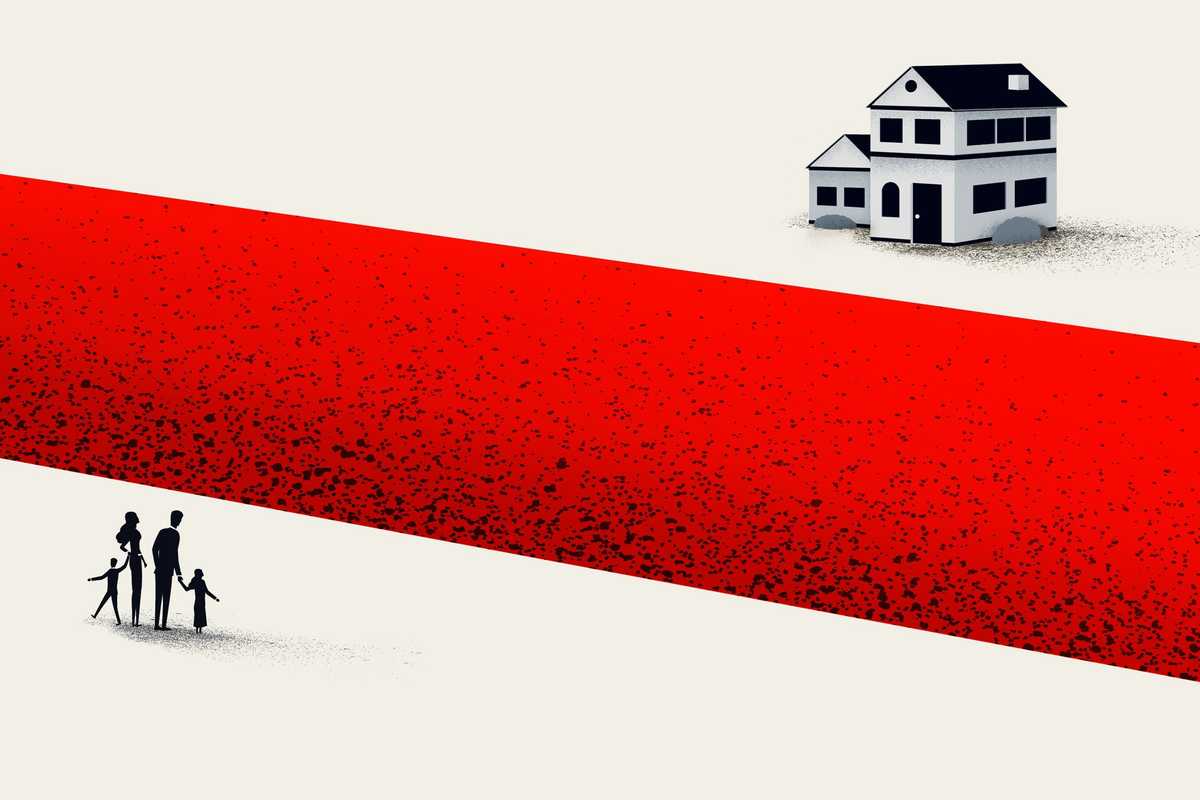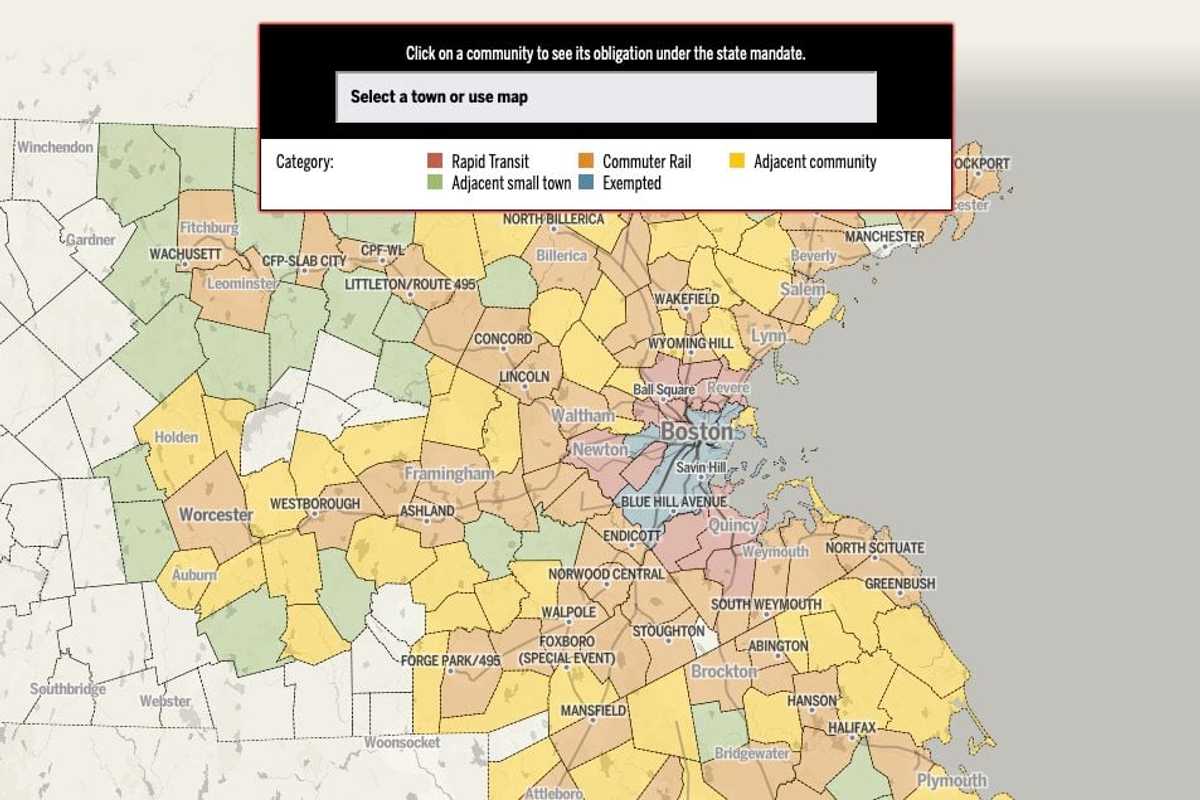- Dec 10, 2005
- 29,424
- 14,915
- 136
In light of housing arguments spilling into so many threads (because it is integral to many parts of the economy and politics), I figured I'd start this one. Today, the Boston Globe's Spotlight team published a new article on the ongoing crisis in the Boston region. Instead of metro regions rising to meet the housing demand, we've had a tiny trickle of housing built that is either ultra-luxury single-family dwellings or a few higher end condos/rentals (but at least the latter are cheaper than the SFHs), and this is a story that plays out in many metro areas within the US.
Link: https://apps.bostonglobe.com/2023/1...ght-boston-housing/milton-restrictive-zoning/ [you might need a subscription of "NoScript" or some other form of paywall removal to read]
Some choice quotes to illustrate the issue how restrictive zoning/building codes/etc, often brought on by racism and anti-immigrant fervor, combine with rampant NIMBYism to kill housing production for decades, driving supply into the floor and prices through the roof:
Edit:
It's a series of articles, so here are some more relevant links (to be updated as more get published):

 apps.bostonglobe.com
apps.bostonglobe.com

 apps.bostonglobe.com
apps.bostonglobe.com
Link: https://apps.bostonglobe.com/2023/1...ght-boston-housing/milton-restrictive-zoning/ [you might need a subscription of "NoScript" or some other form of paywall removal to read]
Some choice quotes to illustrate the issue how restrictive zoning/building codes/etc, often brought on by racism and anti-immigrant fervor, combine with rampant NIMBYism to kill housing production for decades, driving supply into the floor and prices through the roof:
Massachusetts home builders have been warning about the stifling effect of local building restrictions for 60 years. Home construction fell off a cliff in the 1990s, the least productive decade for new homes in the state since the 1920s, when free spirits danced the Charleston at speakeasies and the state’s population was little more than half what it is now.
Ostensibly [The Tenement Act was] a building code, the act provided rules for things such as ventilation and sanitation in apartment houses. But its most consequential paragraphs targeted apartment structures made of wood, prohibiting kitchens above the second floor and occupancy by more than two families. That killed the triple-decker.
It was no coincidence that the Tenement Act so directly targeted housing affordable for immigrants. The act was championed by a group called the Massachusetts Civic League, according to state records. The founder and main financial backer of the group was Joseph Lee, a wealthy Boston philanthropist, School Committee member, and anti-immigrant crusader.
Nearly 20 years after 40B passed, in a major rezoning in 1988, Milton increased minimum lot sizes in large areas of town to two acres, according to the planning office.
Over the decades, these building restrictions have reduced the variety of housing in Milton. “The housing we have allowed under our zoning is big and definitionally expensive,” Czerwienski said. Developers generally don’t build starter homes on two-acre lots. In addition to pricing out people who want to move to town, expensive real estate traps Milton residents who want to downsize their homes without leaving the community they love.
It was Czerwienski who fielded the eye-popping question about avoiding the rezoning by getting rid of the trains, to which he answered mildly, “That would not be my advice to the town of Milton.”
Edit:
It's a series of articles, so here are some more relevant links (to be updated as more get published):

Read the report from the Spotlight Team: Beyond the Gilded Gate
The Boston Globe Spotlight Team takes on the housing crisis in Boston.

MBTA Communities law: See how it affects your town
Use our interactive map to see your town's obligation to rezone under the MBTA Communities Act.
Last edited:


